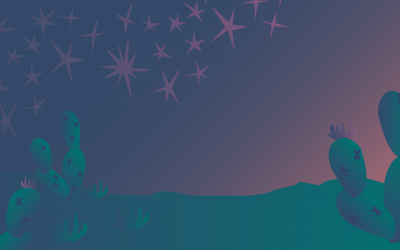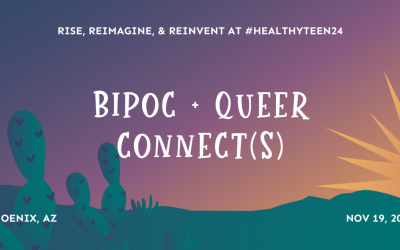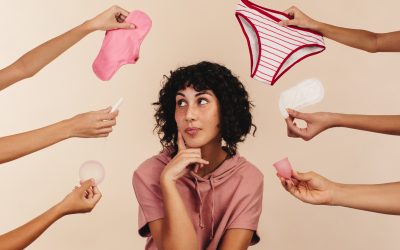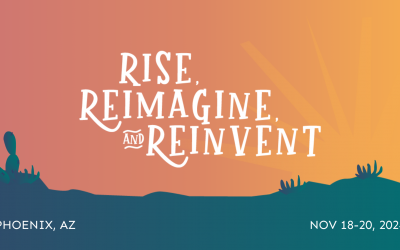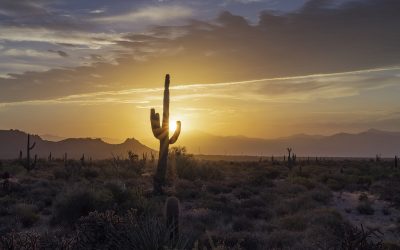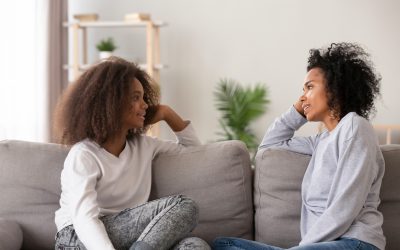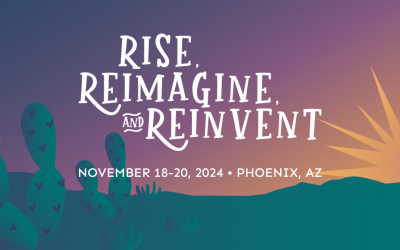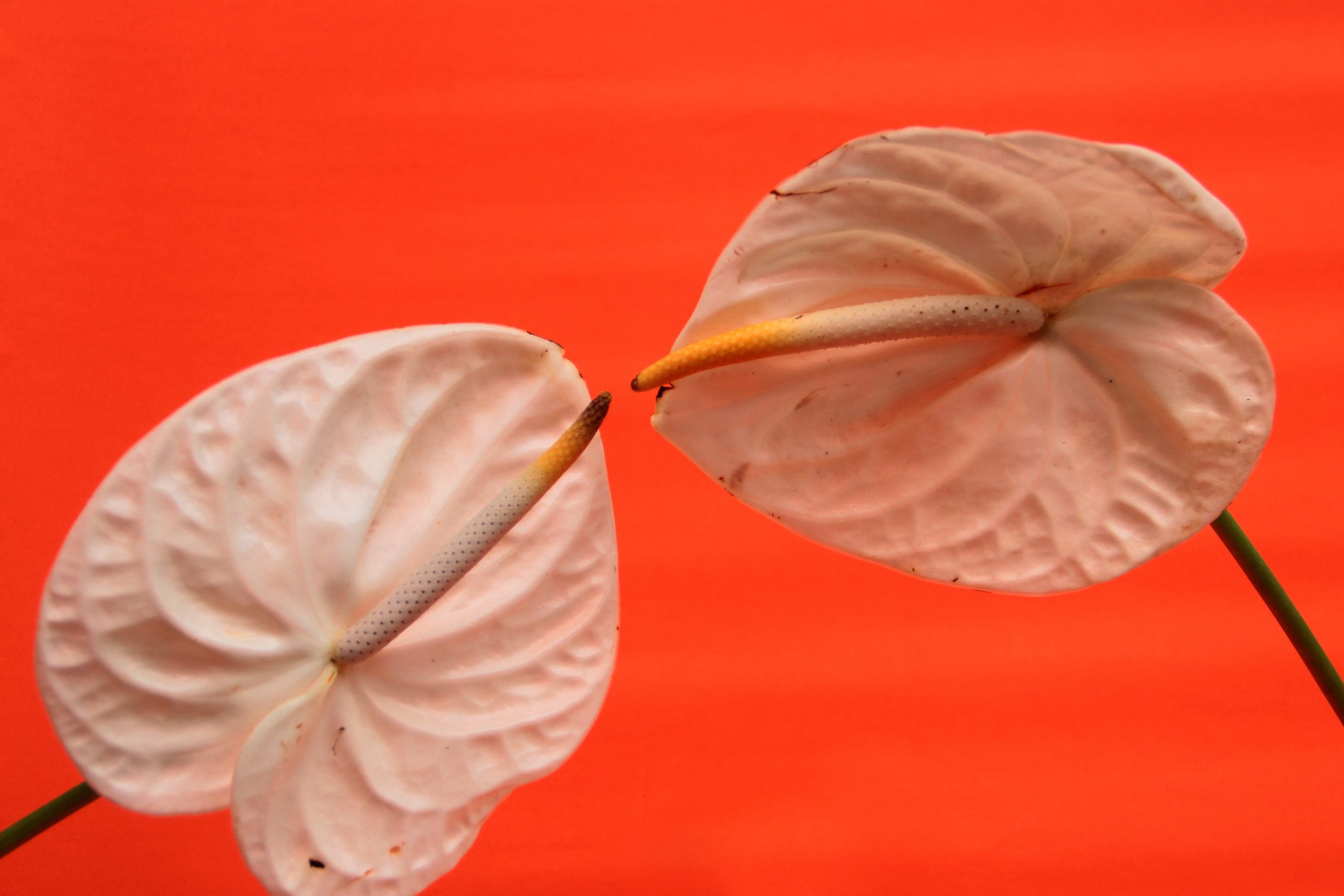
Let us show you how we are centering pleasure in adolescent sex ed with the #HealthyTeen18 Design Challenge.

By Nicholas Sufrinko
July 31, 2018
I have a thought. What if, despite the continued attacks from an administration hostile to providing adolescents with accurate and inclusive sex ed, we played offense rather than defense? Sure, a good defense is important—and working.
But what if, despite all the illegal funding cuts and clever rebrandings, we simultaneously pushed even harder for sex ed that is more sex-positive, inclusive, and authentic than ever?
But what if, despite all the illegal funding cuts and clever rebrandings, we simultaneously pushed even harder for sex ed that is more sex-positive, inclusive, and authentic than ever?
It’s in this spirit that Healthy Teen Network, in partnership with youth + tech + health (yth), announces the #HealthyTeen18 Design Challenge, asking an important question:
How might we center pleasure in adolescent sex ed to foster authentic conversations about sexuality and promote positive sexual experiences?
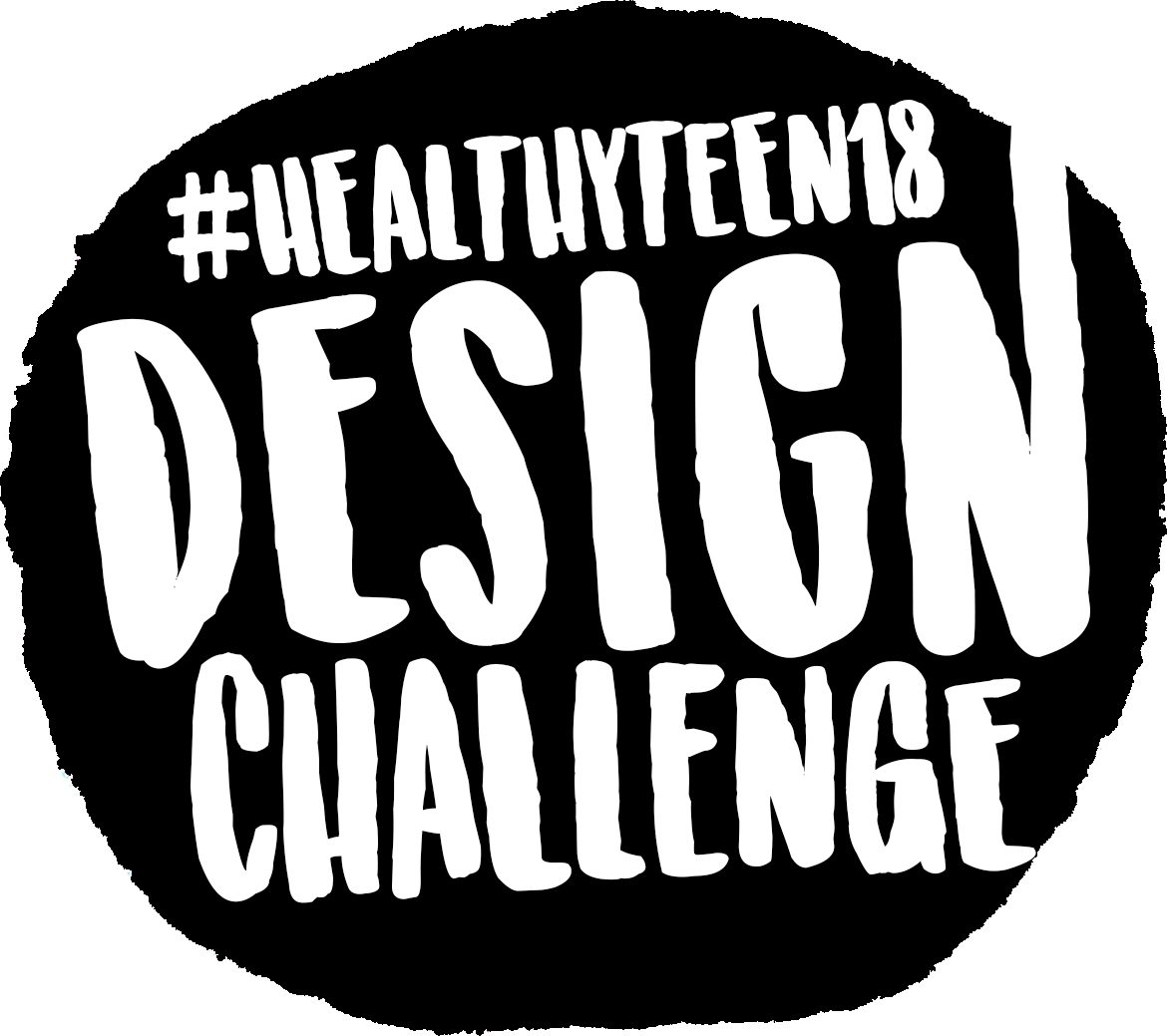
At the #HealthyTeen18 Design Challenge, creators and practitioners, educators and students, advocates and youth alike from across the United States will come together to answer that question, diving into an immersive, design school-inspired process that is at once challenging, rewarding, and exhilarating.
Along the way, we’ll attempt to push our field beyond the pregnancy and disease-prevention model—that stubborn, deeply rooted axiom that grips our work and casts all adolescent sexual activity in the narrowest, most sex-negative of lights: potentially dangerous at best, and catastrophic at worst.
This is important. Whether one is sexually active or not, knowing to recognize one’s own pleasures is a crucial aspect for establishing an accurate and positive view of oneself.
Whether one is sexually active or not, knowing to recognize one’s own pleasures is a crucial aspect for establishing an accurate and positive view of oneself.
For those who are or who someday plan to be sexually active, thinking about, articulating and respecting one’s own and one’s partners’ pleasures and desires is foundational for consent, which, among other things, occurs only when all partners are feeling good.
And finally, having frank, open conversations about sexual pleasure acknowledges people have sex for reasons other than reproduction, affirming the identities of LGBTQ+ people too often erased by curricula infatuated with the nitty-gritty details of when sperm meets egg.
Further, the more we solely focus on these details and the “potentially dangerous to catastrophic” consequences of sex (STIs! Adolescent pregnancy!), the more we wholly abandon youth to the whims of the internet for the particular unit of education on pleasure—on achieving it and recognizing it for yourself and your partner.
And while youth sometimes find quality, sex-positive, and affirming information online, they also find information that stands in the way of achieving healthy sexuality. Far too much of popular media and mainstream pornography online is riddled with racist, sexist, homo- and transphobic tropes, normalizes the inflection of pain, and portrays female bodies as (almost) exclusively in service to the pleasure of male ones.
So let’s center pleasure in adolescent sex ed. Let’s assemble a new language for the field that fosters authentic conversations in classrooms—conversations centered not on plumbing and pathology, but on pleasure.
Let’s promote positive and accurate views of oneself and body, promote consent, and affirm the identities of LGBTQ+ youth.
Let’s promote positive and accurate views of oneself and body, promote consent, and affirm the identities of LGBTQ+ youth.
Let’s push the field forward. For if not now, then when?
Nicholas Sufrinko is a Creative Direction and Product Design Manager at Healthy Teen Network and is the brand and creative lead behind many of our projects. You can often find him hiking, biking, or stargazing. Read more about Nick.

